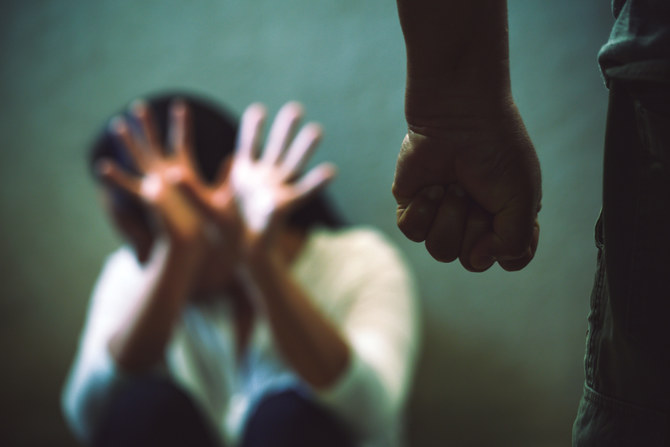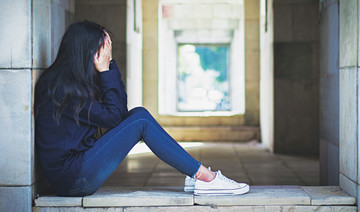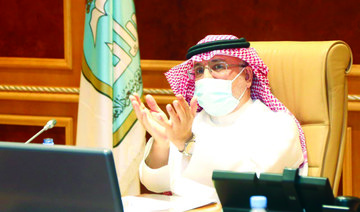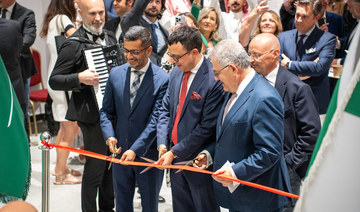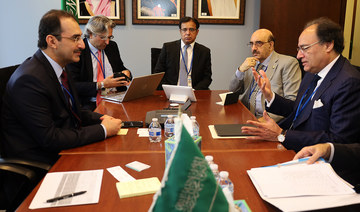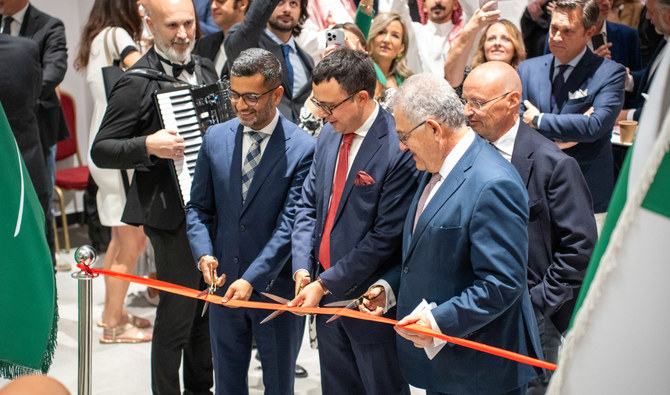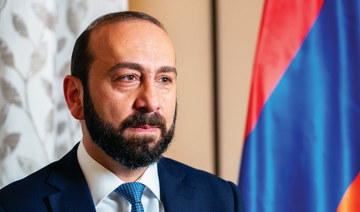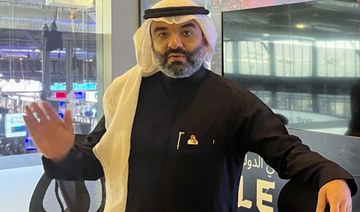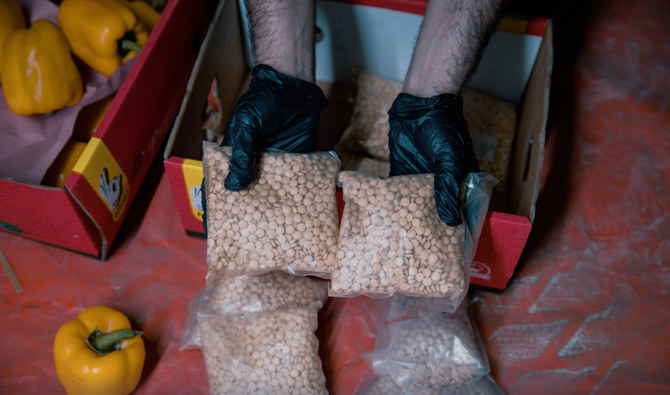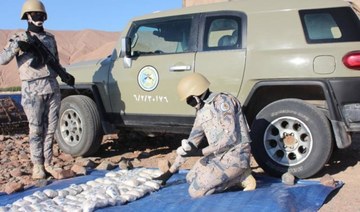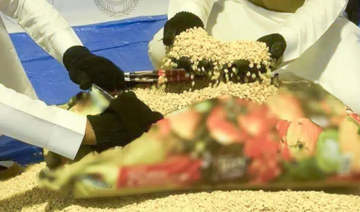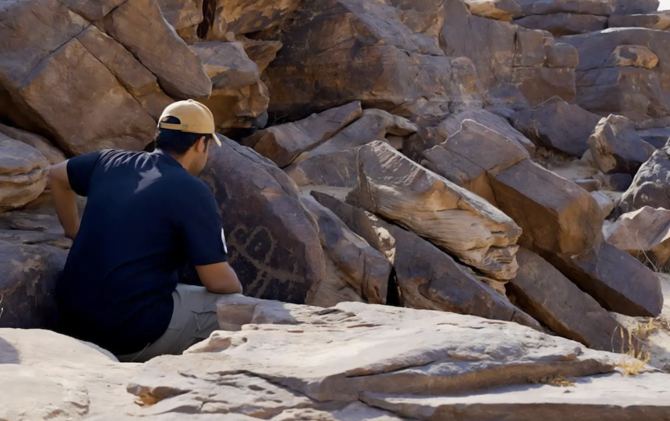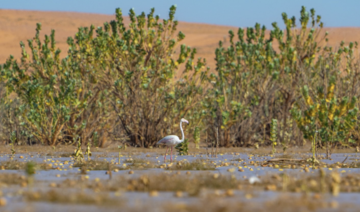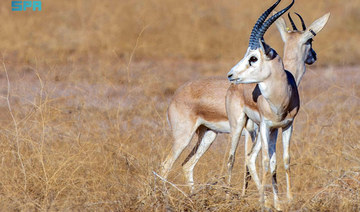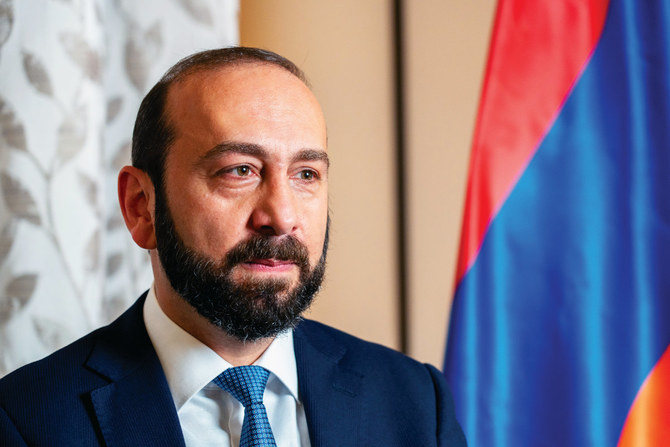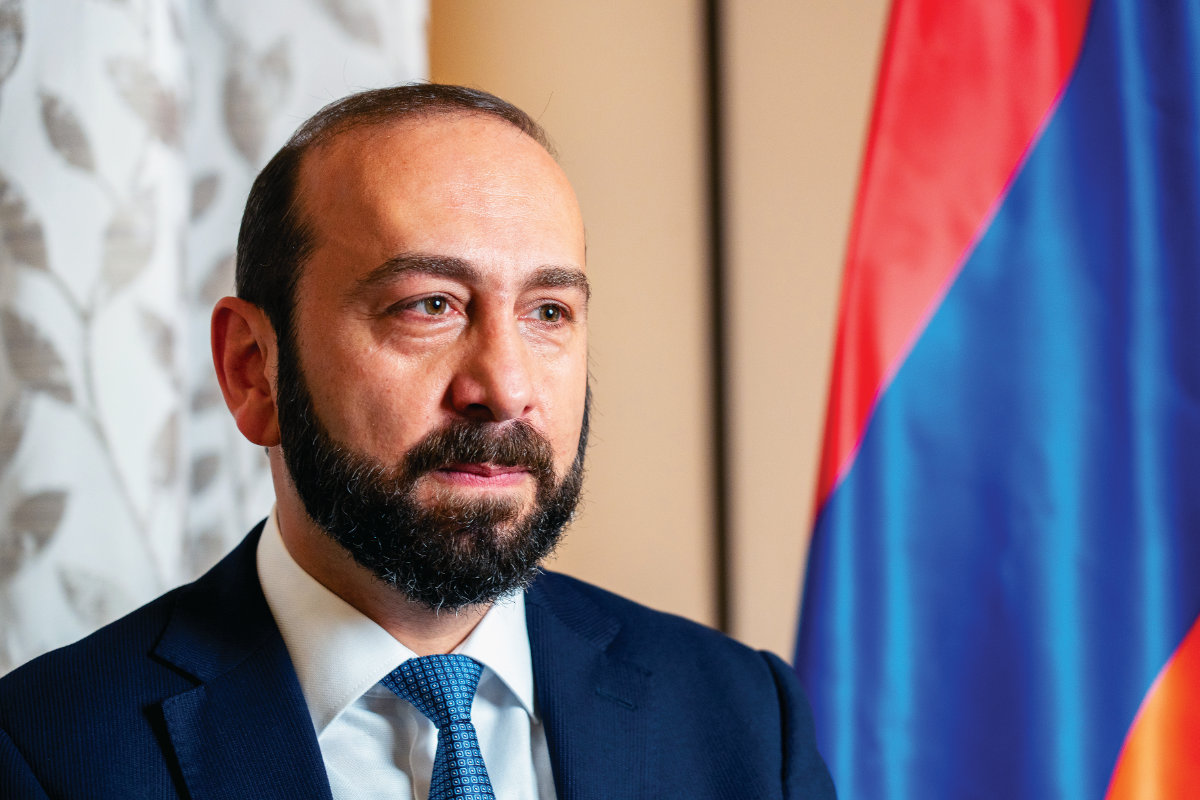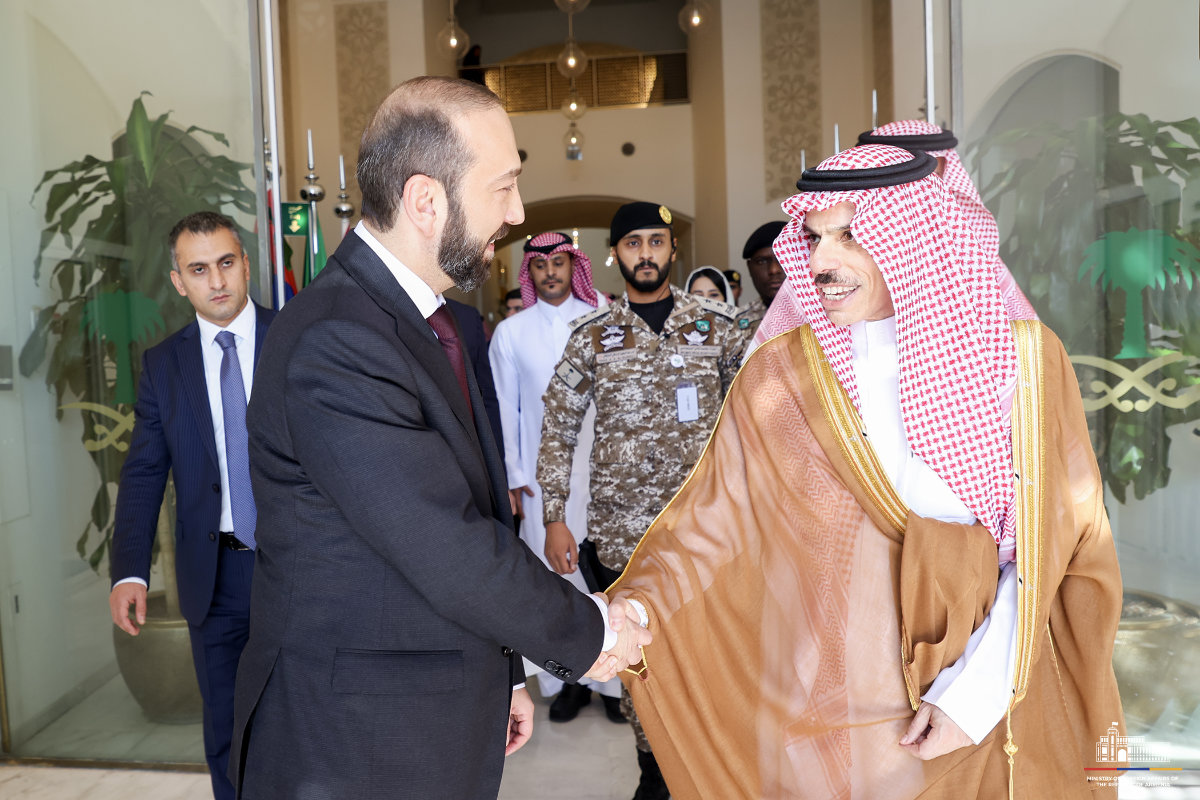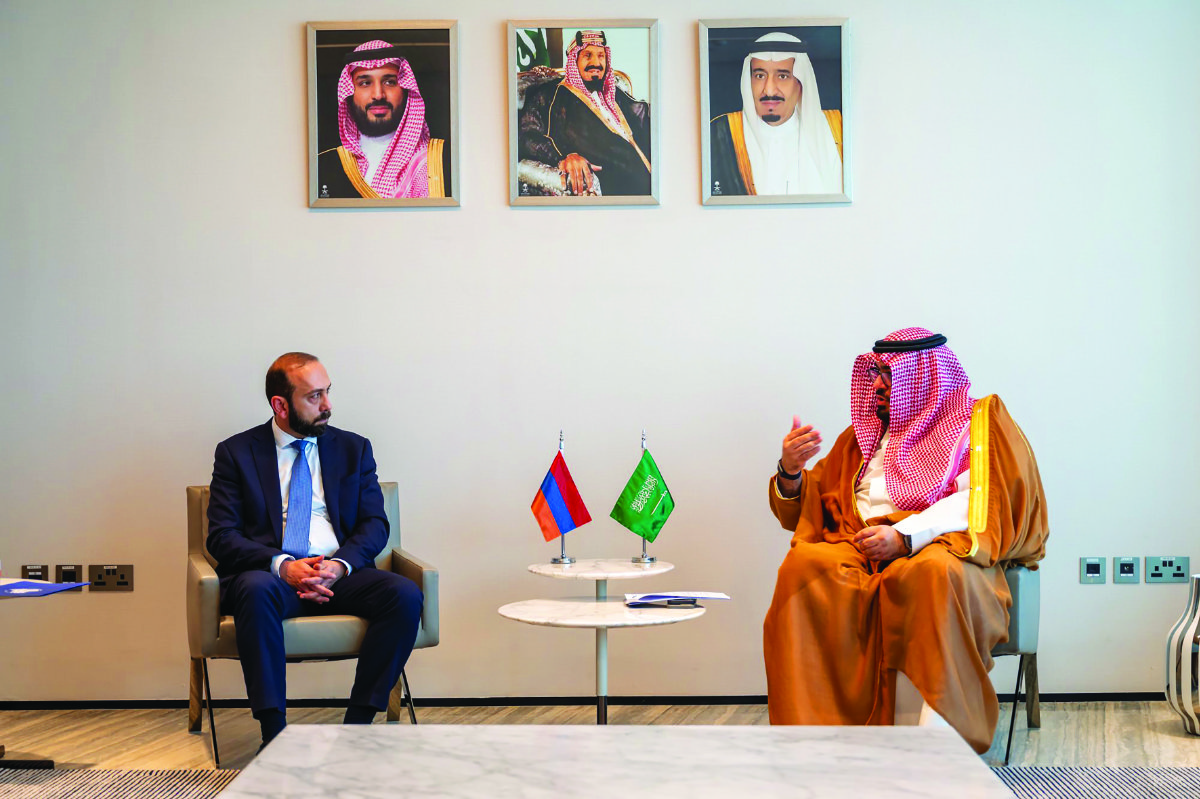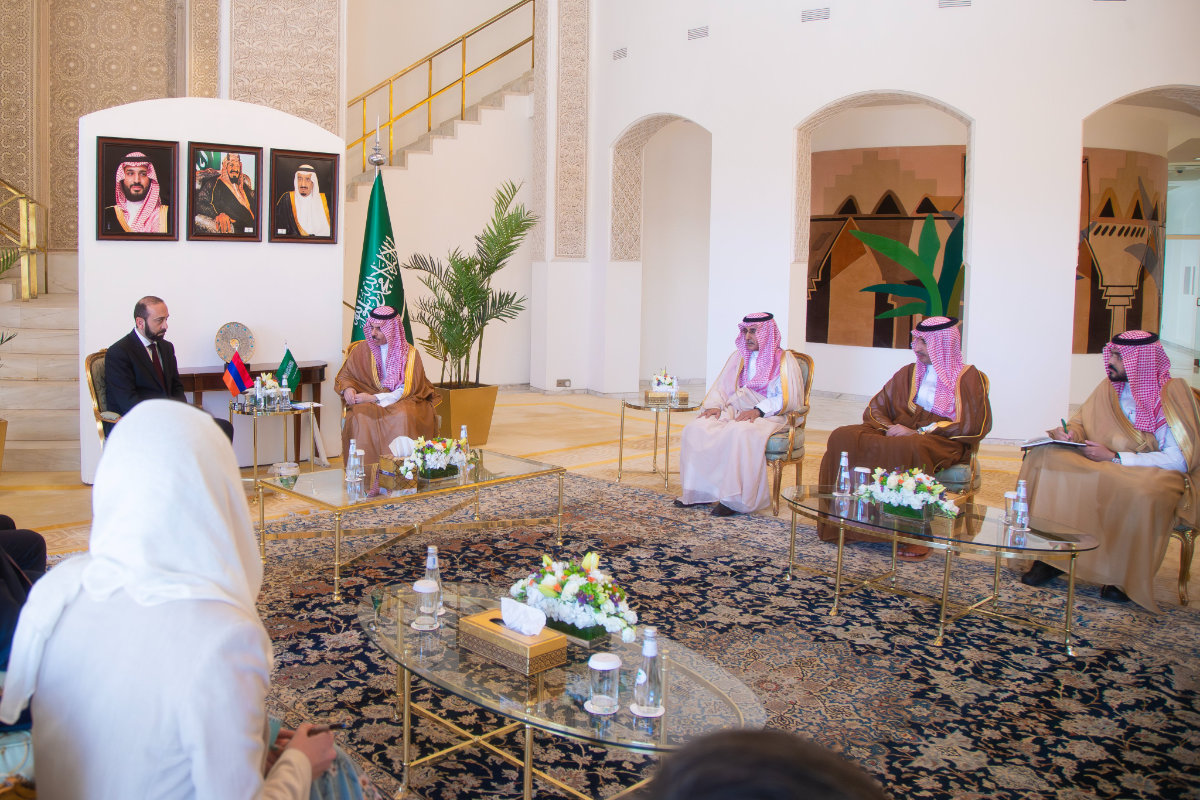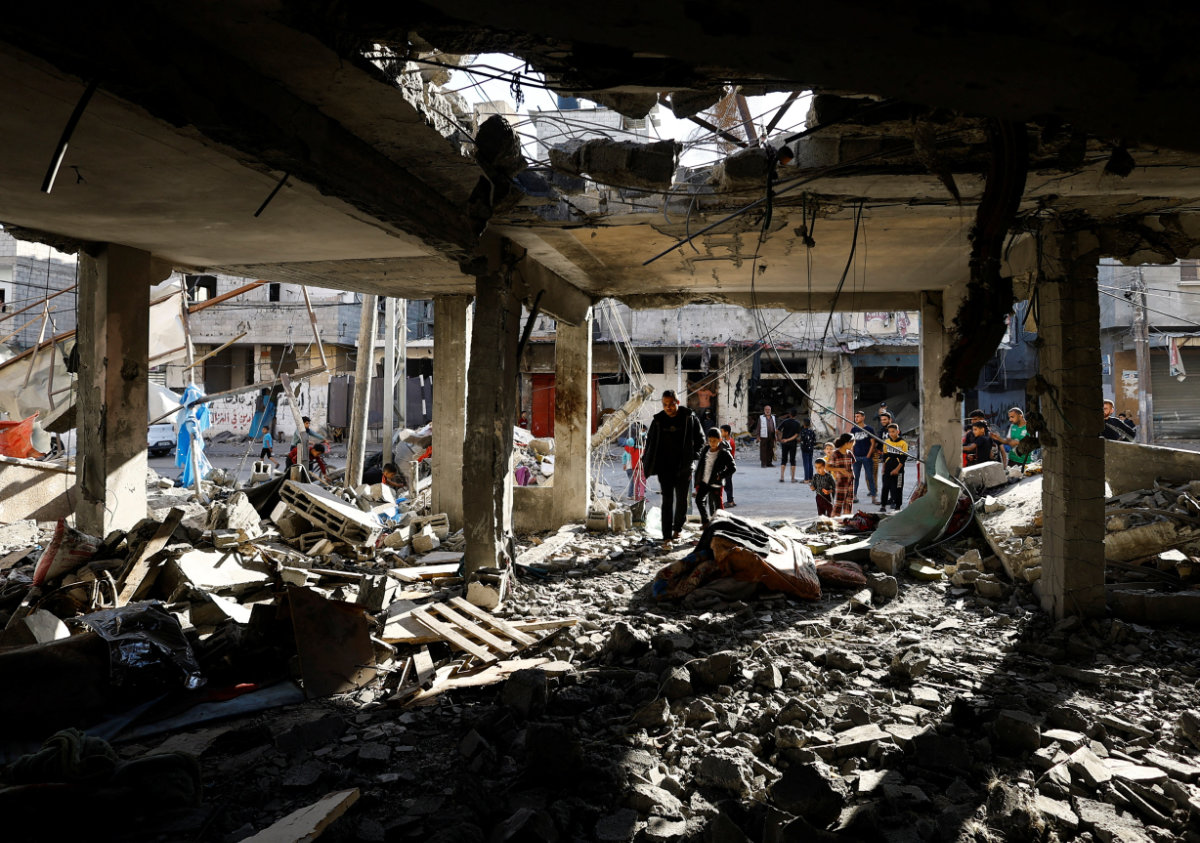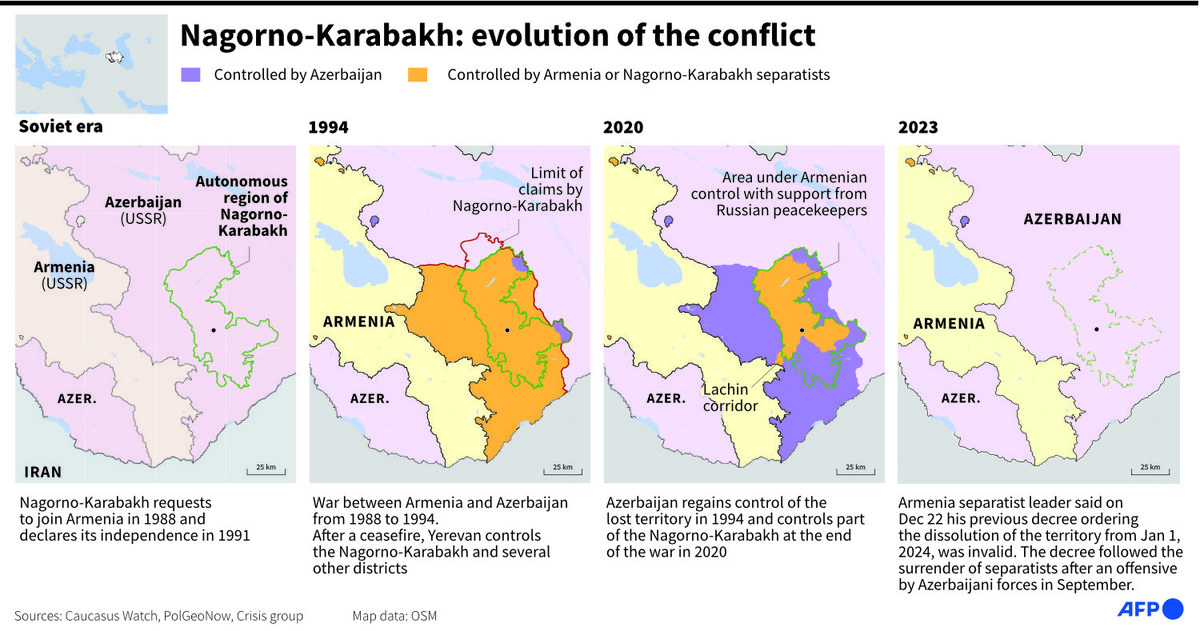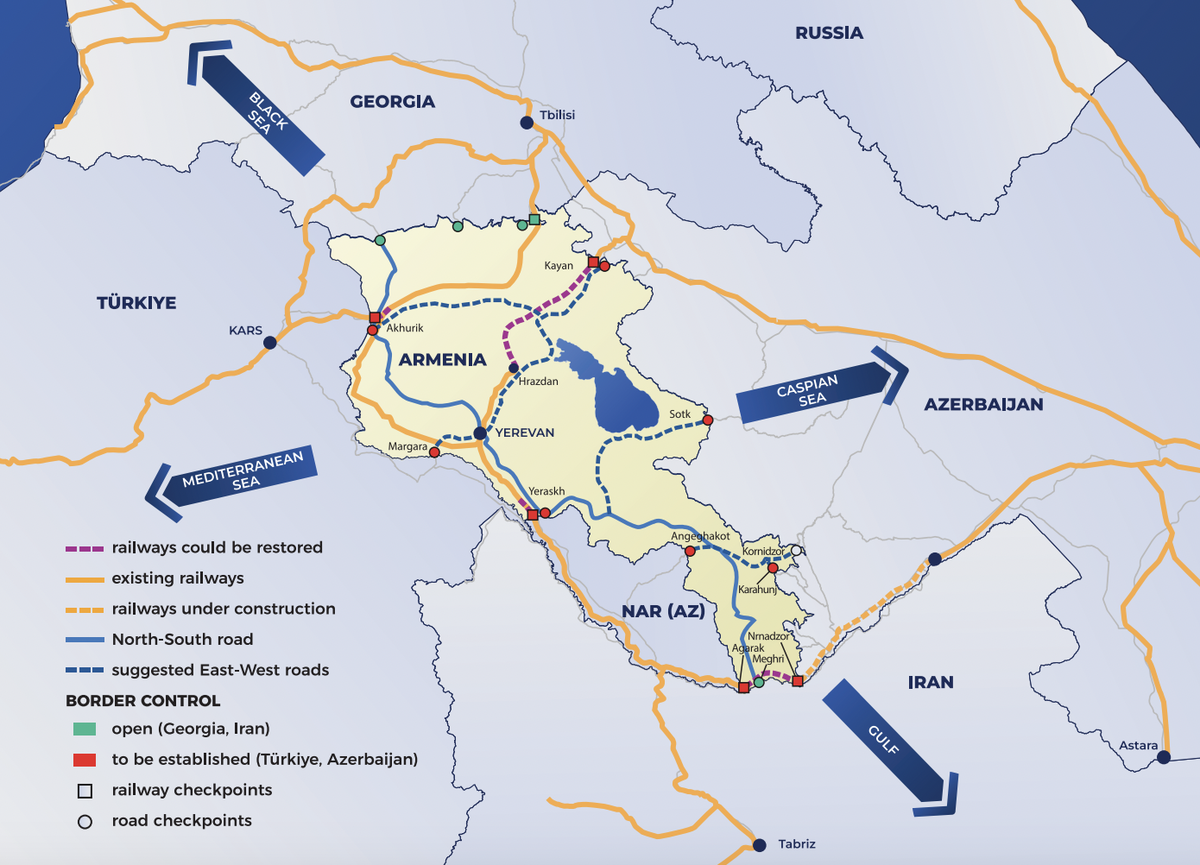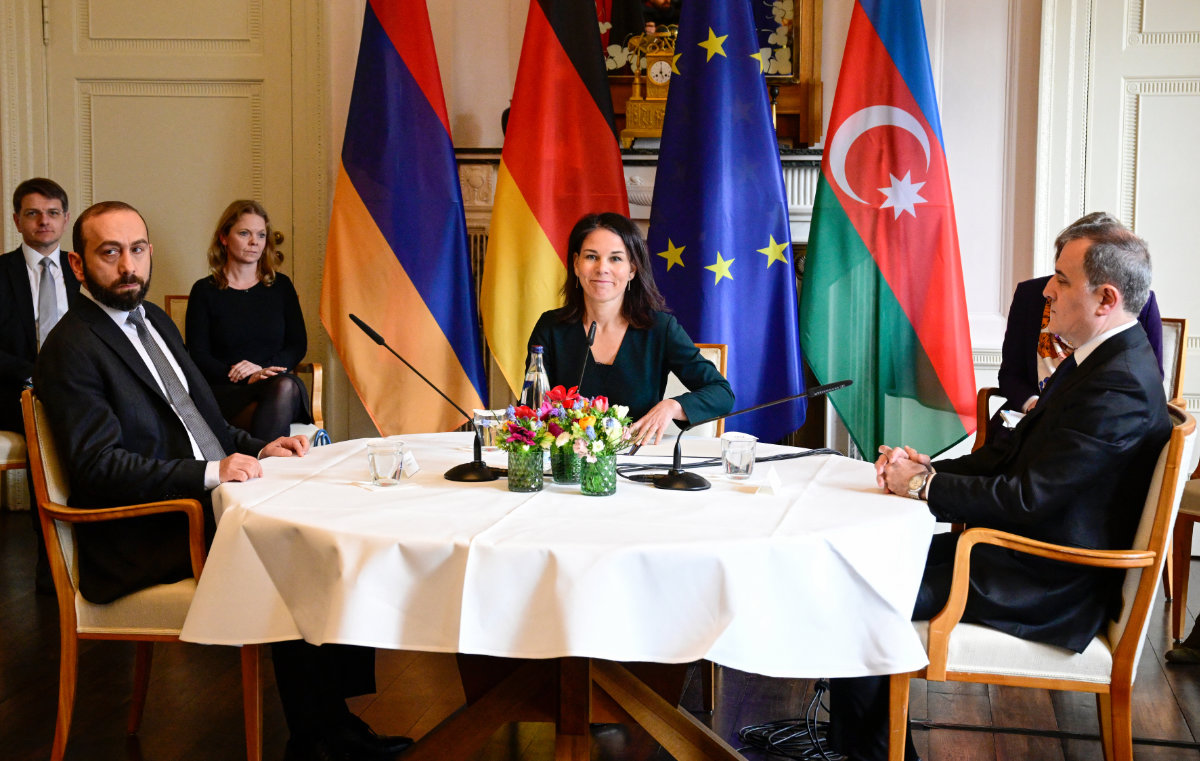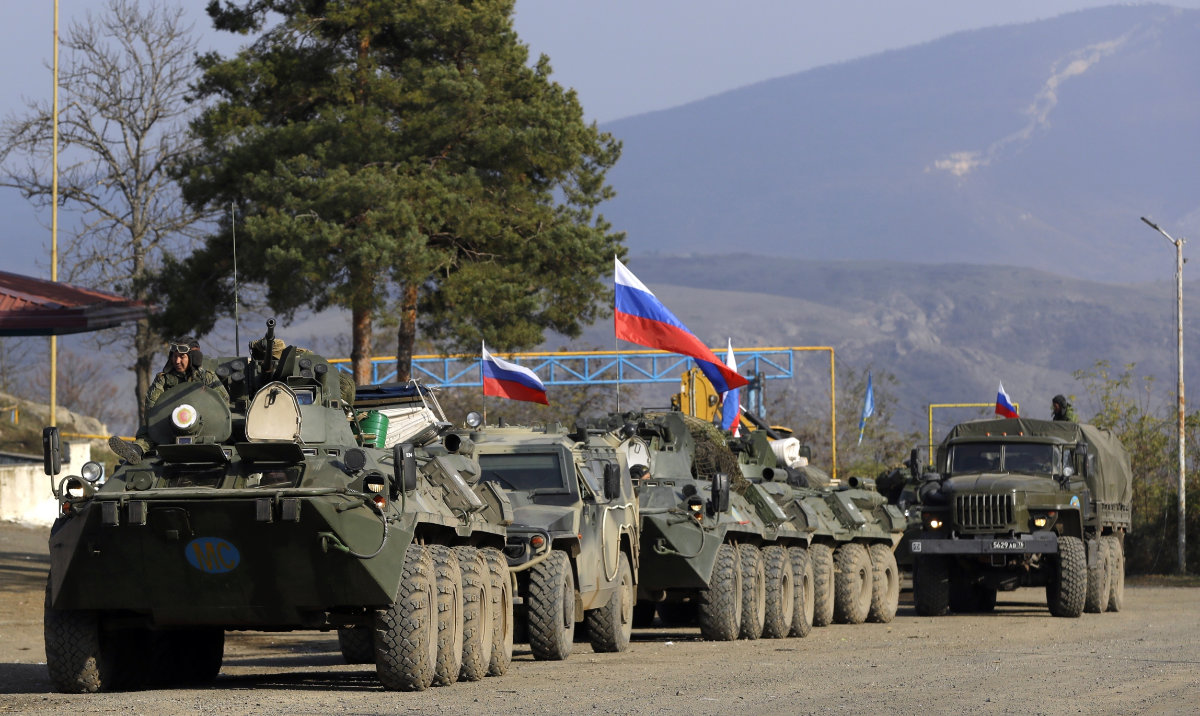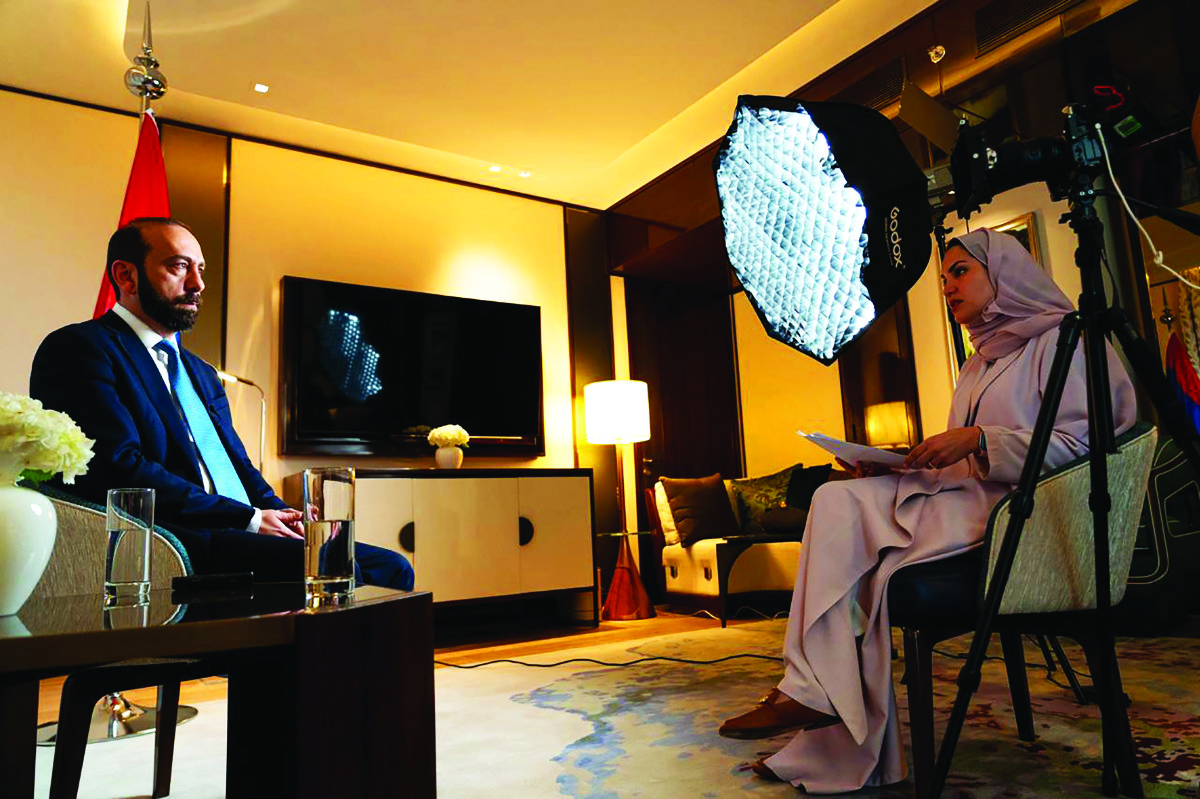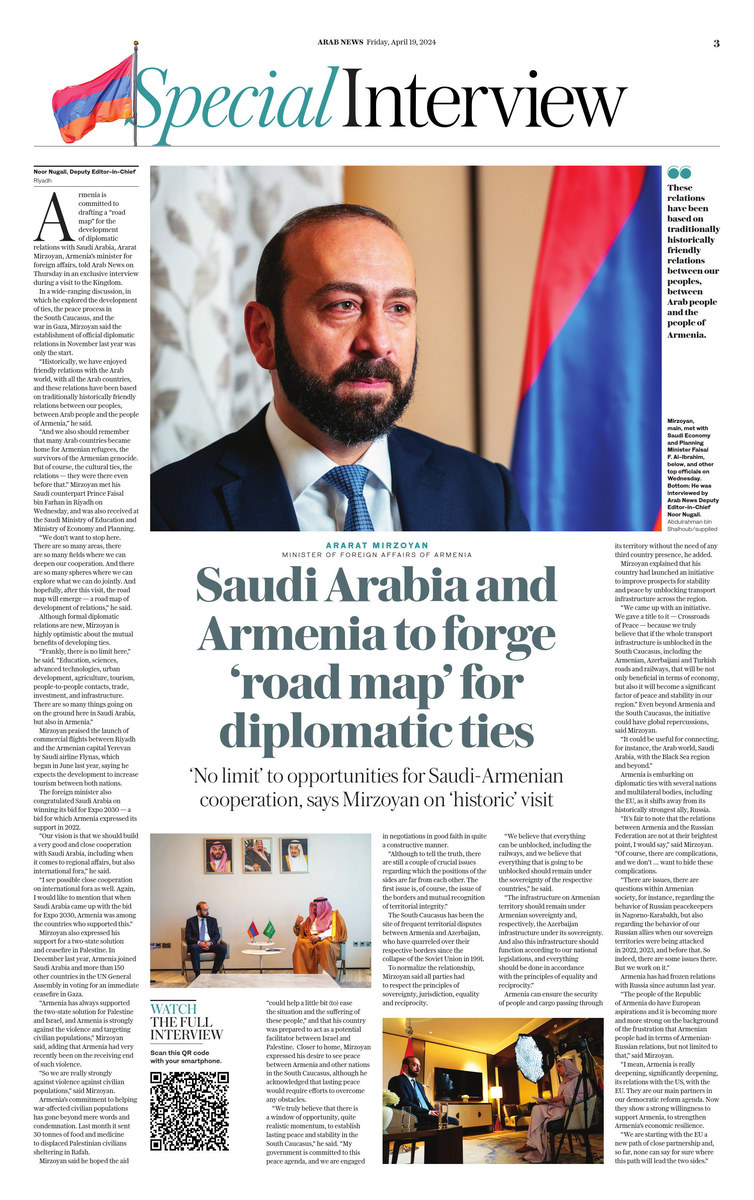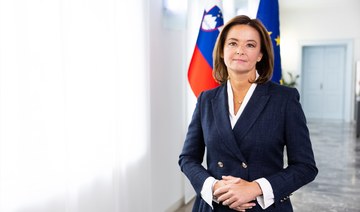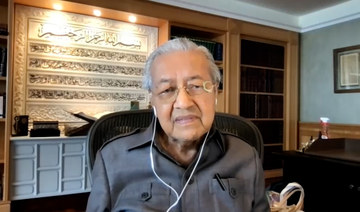JEDDAH: To commemorate the International Day for Elimination of Violence against Women, let’s explore how Saudi Arabia’s progress in strengthening laws on violence against women and preserving their rights.
In 1979, the UN adopted the Convention on the Elimination of all Forms of Discrimination Against Women, also known as the international bill of women’s rights, comprehensively addressing what constitutes women’s rights.
In 1999, the UN General Assembly officially designated Nov. 25 as the International Day for the Elimination of Violence against Women. On this occasion, governments, international organizations, and non-governmental organizations work to raise public awareness on the issue.
Since 1991, 187 countries have endorsed the CEDAW, adopting it as the legally binding international treaty that requires them to abolish discrimination against women by providing them with the same access and opportunities as their male counterparts.
According to UN figures, fewer than 40 percent of women who experience violence seek help of any sort. One-third of women aged 15 and above worldwide have been subjected to physical or sexual violence by an intimate partner, non-partner, or both at least once in their lifetime.
There’s still a long way to go to change these figures. To date, only two-thirds of the world’s countries have outlawed domestic violence, while 37 countries worldwide still exempt rape perpetrators from prosecution if they are married to or eventually marry the victim; 49 countries currently have no laws protecting women from domestic violence.
In the past two decades, Saudi Arabia has made a significant effort to empower women through different initiatives that address matters of concern. In 2005, and by royal decree, the National Family Safety Program was established. The program established foundations of an aware and safe community, protecting and defending individual rights and helping victims of domestic abuse.
The program has come a long way since its establishment. Dr. Maha Almuneef, the founder and executive director of the NFSP, told Arab News that the program has gone through several stages since its initiation, and each step played a pivotal role in paving the way for legislation and an extensive collaborative effort between civil society, business, and government agencies in the Kingdom.
“The first stage I’d like to call the recognition stage, where we recognize the problem, one that was considered a taboo, and recognize it as a major public health issue and not simply a family dispute. This period spanned approximately 10 years, where we focused on awareness, advocacy, changing the mindset from a family dispute and taboo subject to a public health issue that is affecting the health and well being of women,” said Dr. Almuneef.
The next stage was the legislative stage. After recognizing the problem and finding ways to deal with the taboo subject, in 2013, the Law of Protection from Abuse was issued with 17 articles addressed.
“There’s a political will to fix the issue after conducting all the necessary research. The law that was issued to criminalize domestic violence and is one of the strongest in the Middle East, with fines and imprisonment. If and when the offense is repeated, the punishment is doubled according to article 13,” said Dr. Almuneef.
By 2016, the program moved to the prevention stage through various women empowerment laws that elevated their status politically, socially, economically.
These changes, according to the director, are the first steps to not simply protecting women, but to also prevent the onset of abuse towards them through empowerment.
The Kingdom has shifted its efforts from protecting women to preventing the act from happening by realizing the fifth UN Sustainable Development Goal: “To achieve gender equality and empower all women and girls.”
Last November, the Saudi Public Prosecution Office issued new penalties for abuse against women that included imprisonment and hefty fines for any physical, psychological, or sexual assault against women in the Kingdom. The Violence Against Women laws are some of the strictest in the region, with the Public Prosecution Office mandating a minimum jail sentence of no less than one month and up to five years.
Assault and harassment penalty fines reach as high as SR300,000 ($ 80,000).
Lawyer Waleed bin Naif told Arab News: “The laws and regulations issued in the Kingdom guaranteeing women’s rights are constantly evolving. A woman’s silence about claiming her rights does not mean the forfeiture of her rights if she demands it.
“A case I recently handled was concerning a woman physically assaulted by her husband, where the court found the defendant guilty and imprisoned him for a month.”
He added: “With that being said, the Saudi judicial system today ensures women’s right to represent themselves in criminal cases of violent abuse and assault, without the need to bring a Mahram (legal guardian). Only her presence is required to submit the complaint before it is referred to Public Prosecution, where the perpetrator is summoned for interrogation.”
One of the ways Saudi Arabia is empowering women is by raising awareness on new protection laws, providing clear channels for complaints, and moving away from complex to simplified and confidential bureaucratic procedures.
Saudi efforts to eradicate violence against women include preparing civil workers with the tools and training to coordinate with the concerned authorities when supporting victims of abuse.
With the program’s backing and various initiatives to empower women, Saudi women have greatly benefited from economic legal reforms, training initiatives, and programs. They have been given the tools to not only protect themselves, but also allow them to walk away unscathed due to the sheer number of entities and agencies that support women, especially the most vulnerable.
Dr. Almuneef believes that these achievements are significant and have further protected women from discrimination and abuse, but there is still more to be done.
The NFSP partnered with the UN Development Program and made significant achievements in capacity-building programs to promote mental and physical health and social well-being. It also provides practitioners with critical knowledge and diverse skills to deal with domestic violence cases.
This initiative has enhanced the NFSP’s training programs to entice and support qualified professionals to handle domestic violence cases.
“Since its initiation in 2005, we’ve been in close contact with international agencies, whether it be UNDP, UNICEF, UN Women or the World Health Organization. Recently, there has been a major collaboration between the UNDP and NFSP in terms of building capacities and training professions on how to empower women, support them and deal with cases of violence against women,” said Dr. Almuneef.
“We could see a continuous rise in abuse cases in the next five to 10 years. In Saudi Arabia, the expected rise will not be attributed to the worsening of the situation, on the contrary, it will be due to women raising the issue with relevant authorities, better documentation, quicker responses and interventions,” said Dr. Almuneef, adding that women now have a better understanding of their rights due to the laws that empower and support them.
With the continued collaborative effort between relevant authorities, any complaint on the NSFP’s hotline receives an immediate response from law enforcement, the Health Ministry, and others to ensure the case is dealt with according to its severity.
According to the WHO, COVID-19-induced lockdowns increased the risk of violence against women. In a report, it said: “Stress, the disruption of social and protective networks, loss of income and decreased access to services all can exacerbate the risk of violence for women.”
Last year, official statistics found that cases of abuse in adults constituted the vast majority of recorded cases, where 2,318 instances of abuse against women were recorded in Saudi Arabia.
Of them, 77 percent were physical abuse, 12.7 percent were psychological abuse, 7.8 percent of the cases involved neglect, and 2.4 percent were sexual assault. For more on the updated rules and regulations, visit the official website for the Ministry of Justice.



